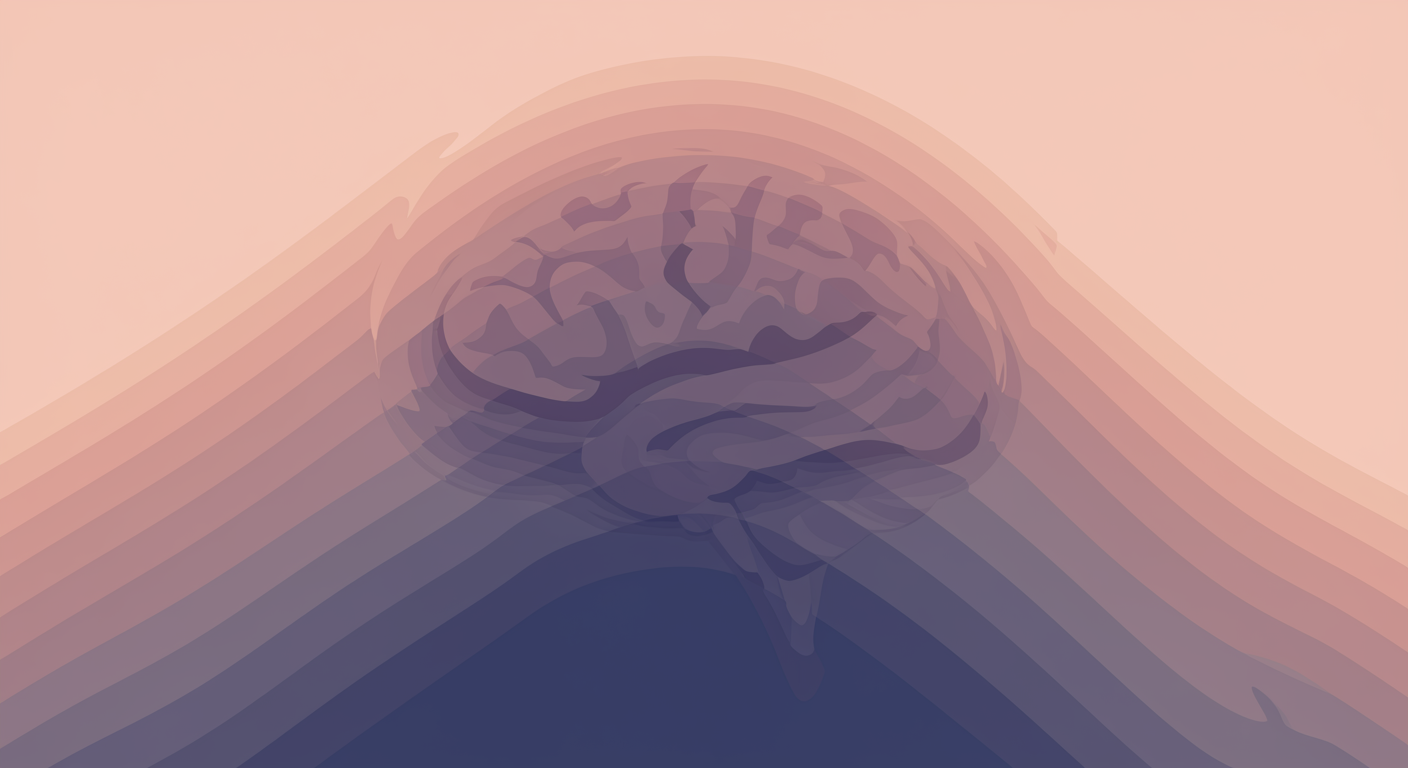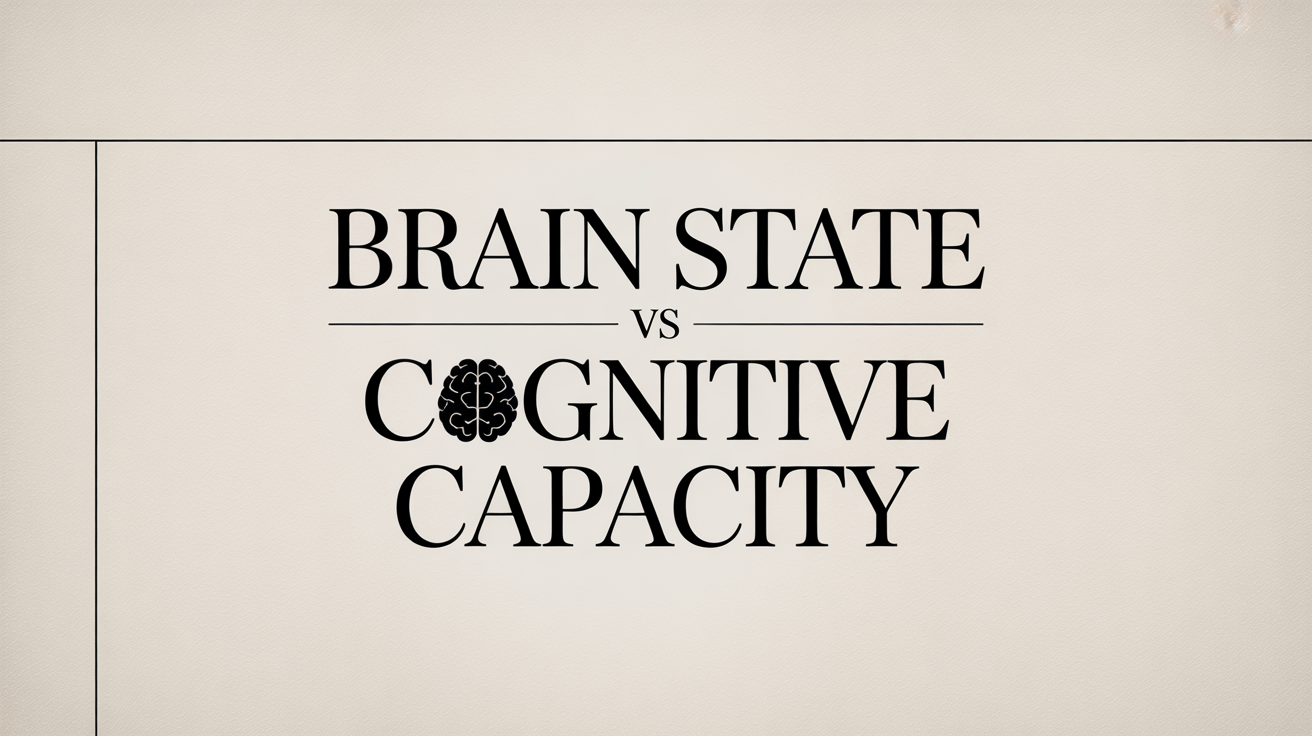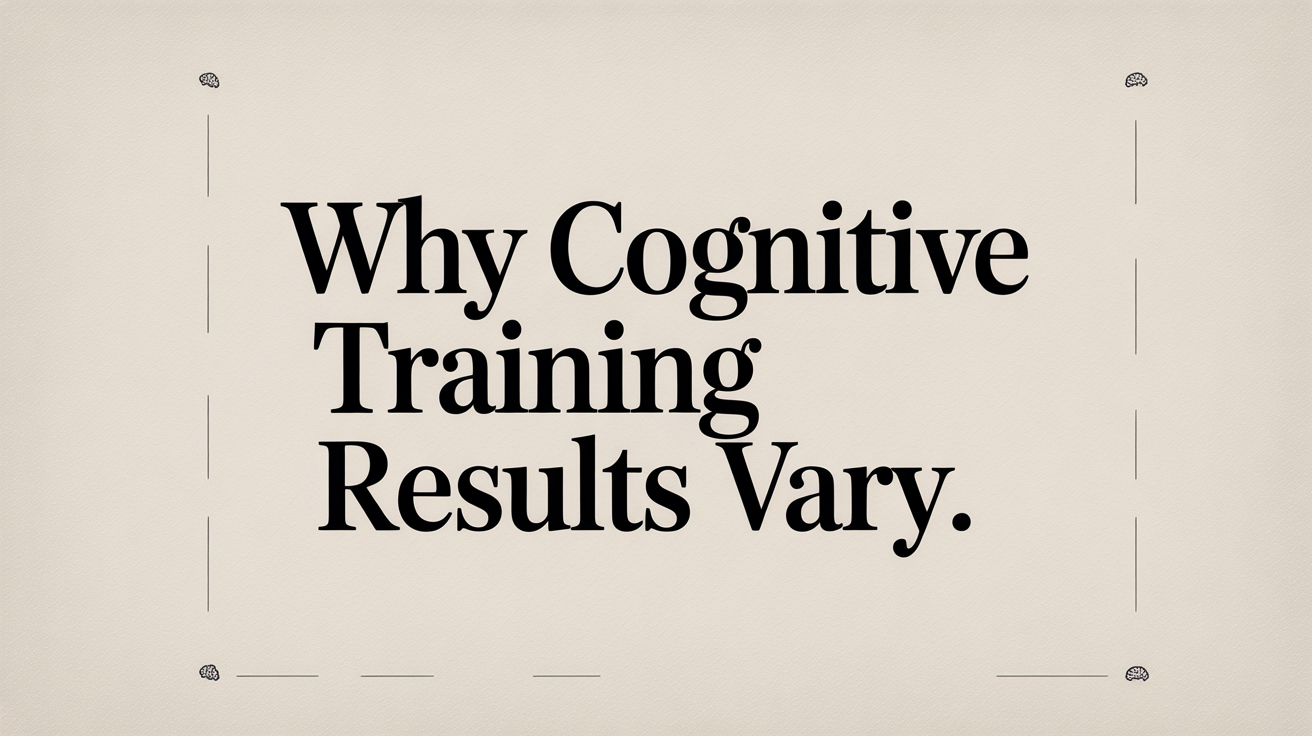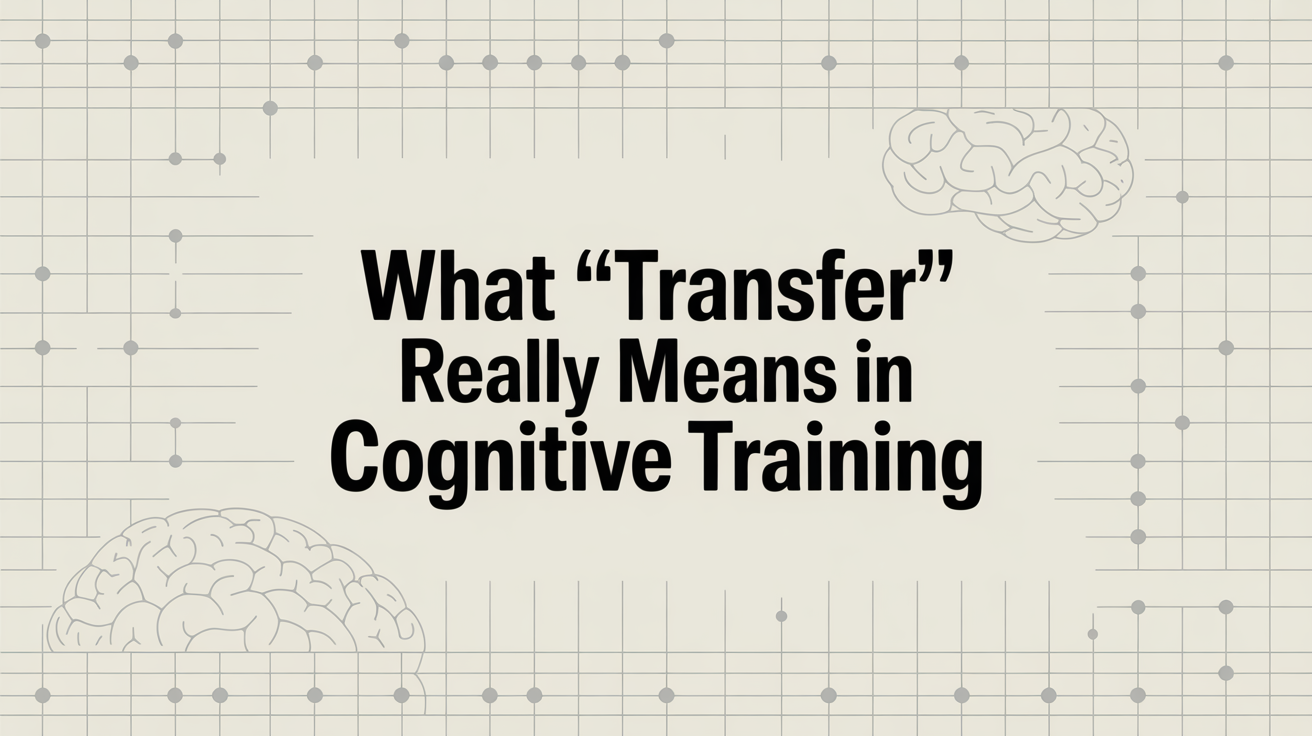Welcome to the Research and Strategy Services at in today's fast-paced.


I worked with Cristiano Ronaldo from the time he came into Manchester United as an 18-year-old. He was pretty light for a footballer so we worked on his power development early on, later turning him into what England captain Rio Ferdinand described as “The perfect physical specimen”.
Although it's hard to imagine now, he lacked senior experience. His play on the pitch showed he had talent but a lot to learn. And that's what he did. His commitment to physical conditioning was just the tip of the iceberg. Over the next 5 years, I saw him prove himself, day in and day out, to be the most dedicated footballer I have ever met. He did all the training that anyone at Manchester United asked of him.

He also did something more.
After every training session out on the pitch, he did his own skill development. Running with the ball, running with the ball crossing, running with the ball shooting, and running with the ball passing. The great thing that Ronaldo realized is that to really train successfully, there must be a good percentage of your skill and speed training done with no pressure. He made sure that he first rehearsed each and every new skill on his own.
Only when he had nailed these perfectly in solo, did he practice them on the pitch when training with the team. Then ultimately when he got everything right, he would try his new formed skills in the big stadium under real pressure. At every step of the way he made mistakes, but always within the risks, he needed to take to ensure continued growth. Every time he learned something about his limits, he would go to town and train to surpass them.
This understanding of working and competing just at the threshold of his neurophysical performance limits was fundamental to him becoming the world’s best soccer player, perhaps even the best player in the history of the game.

I'm describing him here because I believe his success wasn't down to any significant talent advantage. Rather Ronaldo combined a dedicated hard work ethic with a systematic method to develop isolated skill, then skill under pressure, then ultimately skill in the game.

It's when you see a training recipe like this work so unbelievably well, that as a coach, it becomes a real eye-opener. It changed the way I coach all my athletes, and it can be covered in 3 key principles.
Although I am a specialist in physical and cognitive fitness, in team sports, skill is the be all and end all. It's critical to structure training goals around this ultimate aim, and in a club setting, coordinate development objectives alongside coaches who work with athletes on the field. There are a plethora of training for overall performance development. But the trick is never seeing any aspect as fundamental, and instead, make sure that everything is working in one overall direction.
There is an art to know what to try and when to try it. This is a critical guidance role for a coach, and it involves judging each athlete's confidence. Try something they're not ready for and their confidence gets knocked, stepping them back. Pull off something that's just about doable and successfully apply it in competition, and your athlete's motivation skyrockets. The aim is to balance learning pressure through the three stages of basic exercises, testing in training, then mastery in the game. Critically these need to be formed within the mental dimensions of performance.

It's not enough to master just one chunk of performance after the next. What takes truly elite athletes beyond their contemporaries are meta-abilities, where players can execute multiple high-level performance sequences at the same time. To become great, players need to evolve through progressively advanced combinations of training exercises which integrate the demands of refined skill, physical exertion, and cognitive challenges. This is the domain of coaching expertise, as the drills need to be sophisticated, as well as matched precisely to the needs of the individual.
To be able to properly evolve mastery, using the right training gear is of paramount importance. This can be low tech, for example, I’ve used boxing pads combined with reactive drills to the Nth degree.
But high-tech tools, like NeuroTracker, D2, and Fitlight, are really effective for optimizing cognitive load to each athlete’s needs.

This is especially true when they can be flexibly integrated with other training exercises or equipment, which is why I’ve now coached over 15,000 NeuroTracker sessions. When you’re always matching training with the neurophysical limits of performance, the learning curve is potentially endless.








Welcome to the Research and Strategy Services at in today's fast-paced.

Learn about Marc Van Loken's growing mission for brain health advocacy with Marvalous Health.

Understand the unique challenges of gifted ADHD kids and strategies to help them find balance.

Learn about two pioneering centers led by Dr. Kakavas that integrate neuroscience, biomechanics, and elite rehabilitation methods.
.png)